Suki Waterhouse has been writing songs for about as long as she can remember. For the English singer-songwriter, crafting music isn’t so much a choice as it is a compulsory way to express herself and something that, until now, she created largely in private despite a decade-long career in front of the camera. If the name Suki Waterhouse rings a bell, you might have come to know her through her acting roles in titles like Assassination Nation and A Rainy Day in New York, or perhaps you recognize her modeling work with labels like Reformation. Having moved to L.A. from London at 21, the multi-hyphenate is hardly new to the spotlight, but with the release of her debut album I Can’t Let Go, followed by a U.S. tour with Father John Mistry, and an exciting role in the highly-anticipated TV adaptation of best-selling novel Daisy Jones and the Six,Waterhouse is revealing a side of herself that she’s always held close.
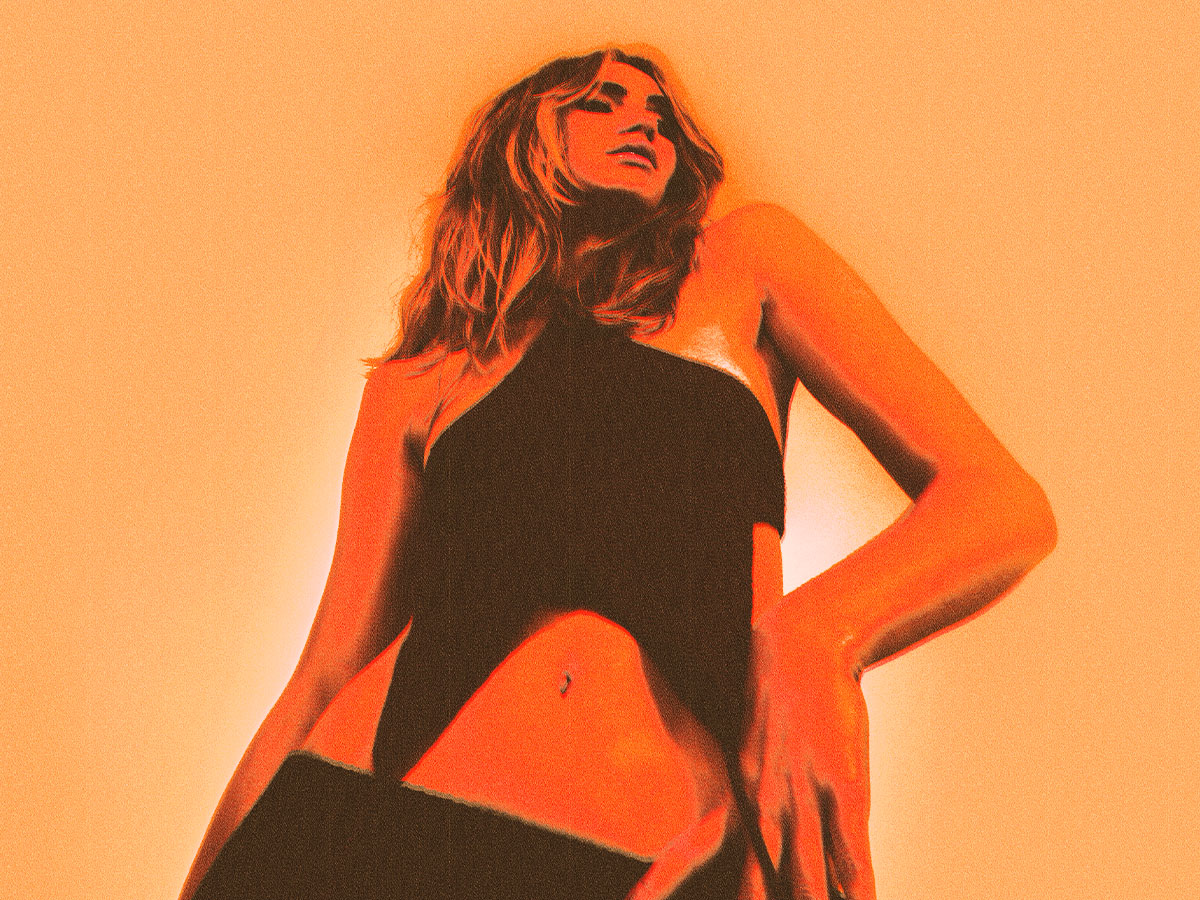
Even if you think you’ve never listened to her music, you’ve probably heard it. Her single “Good Looking” soared to the top of Spotify’s most-streamed songs in May after becoming a trending sound on TikTok, making the 2019 Waterhouse ballad one of the artist’s most-streamed songs.
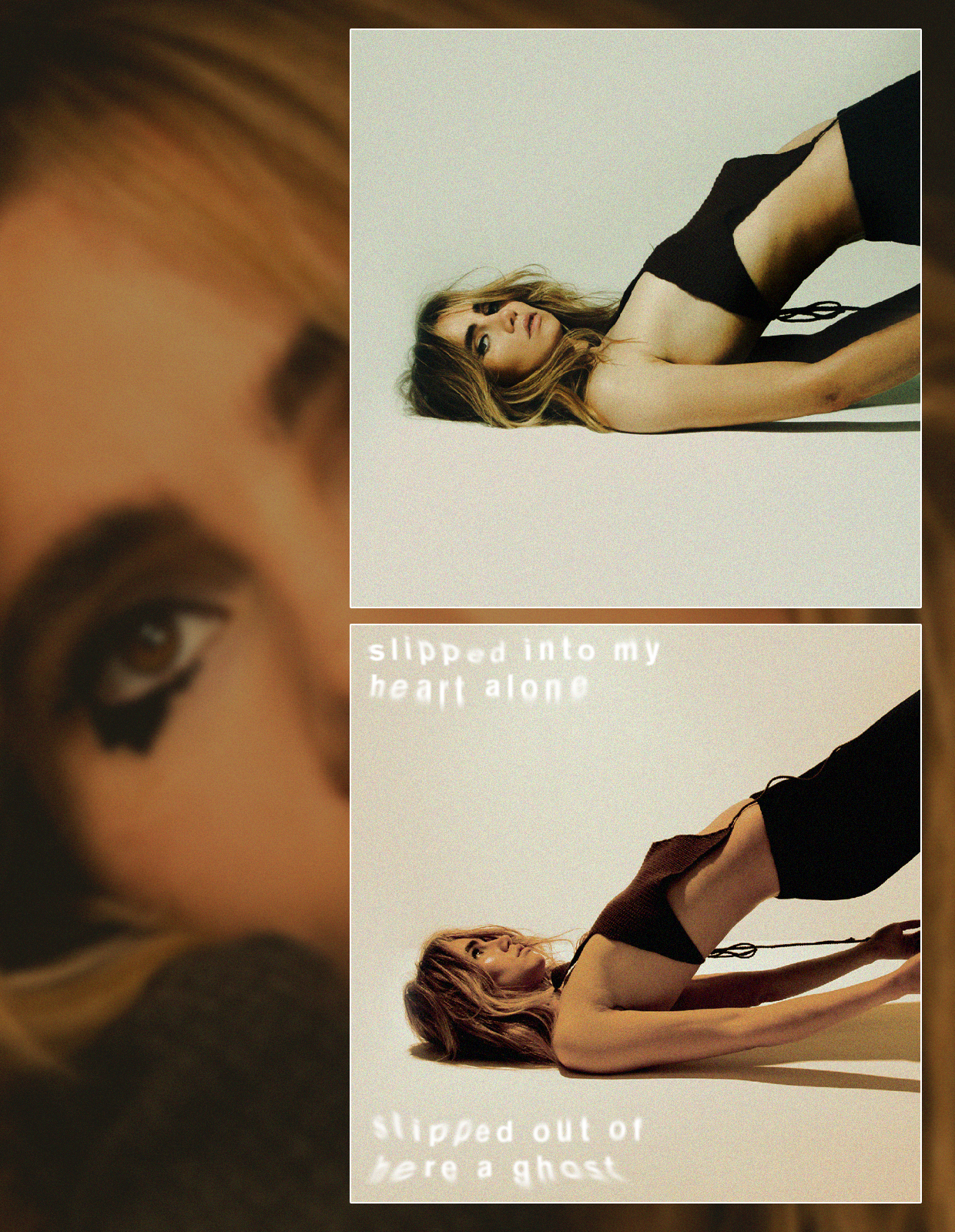
How long have you been making music and how did you first get into it?
I started writing songs and it had always been this very private thing. There was always this—I just think of it as like an alien—part of me that just needed to express itself through music. I’d always wanted to be a musician, and then my life took this very different path, but it was always this private solace that I could go into.
How do you express yourself differently through songwriting than with acting or modeling?
Modeling or acting is done when you’re constantly kind of out there trying to shape yourself and into different boxes of what somebody needs you to be that day. Constantly being judged can be very daunting and sometimes even traumatic. So I think making music was always something that was a much more private development.
How would you describe your sound? Do you identify with any one genre?
The sound that I had in mind was really inspired by the Shangri-La’s and The Ronettes and certain bands from the ’70s like the Alessi Brothers coupled with more modern artists like Sharon Van Etten who was a big inspiration for me. I was very attracted to that kind of ’60s girl-band sound with more modern lyrics and being able to meld those two together into these melancholic pop melodies.
I would always think about place and where I imagine the listener being. For the song “Moves,” I was thinking about what Thelma and Louise would have been listening to on their cassette player as they were driving off the side of the cliff. Placement supported the sound a lot.
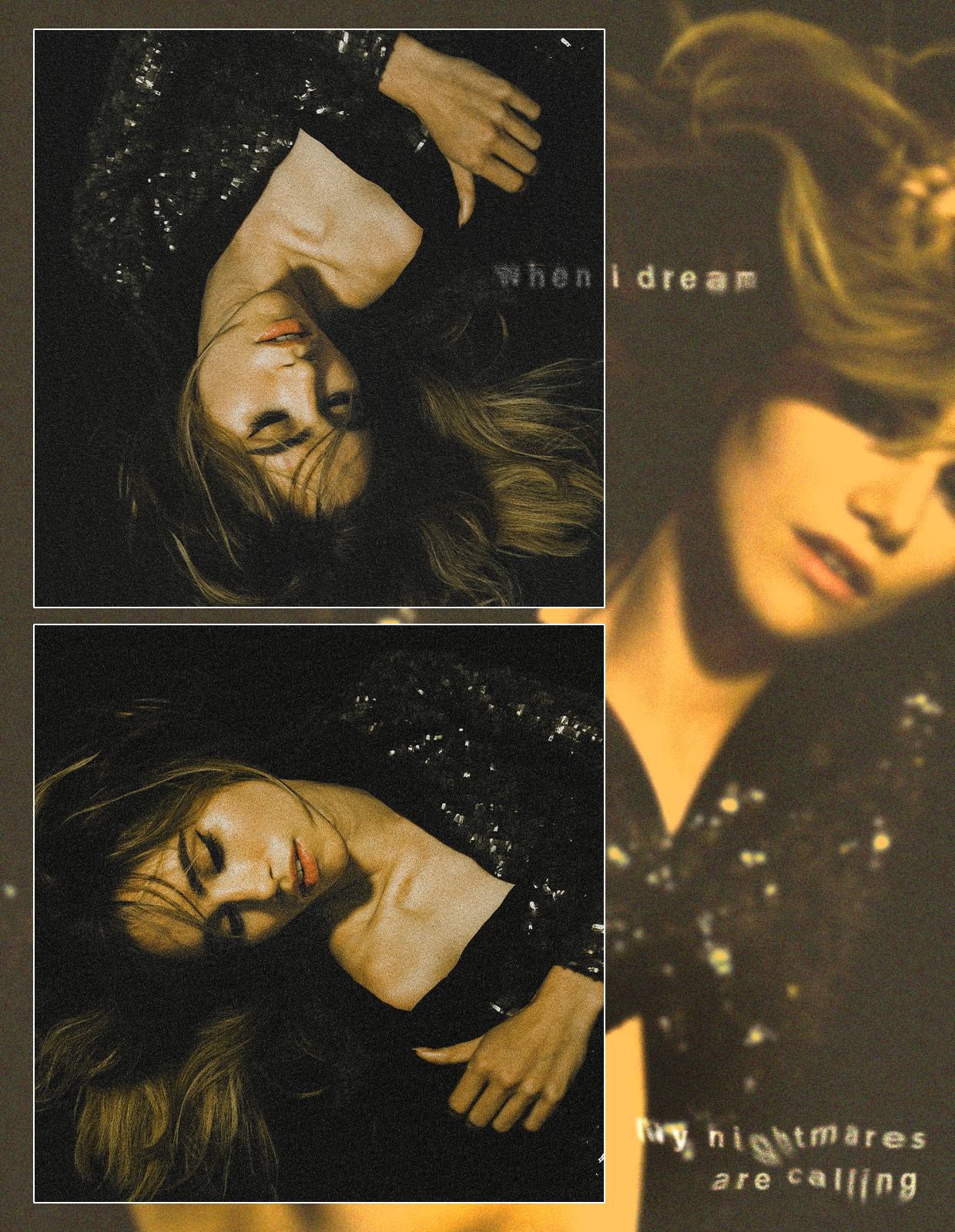
What prompted you to want to pursue a whole album after only ever releasing singles?
The first time I remember putting out a song was in 2016. I put out a song called “Briefly” and I just uploaded it on the internet. It felt like I got to have this moment of honesty with myself that I got to also share. For so long, I felt like I had this enemy against myself who was so concerned if making music was “okay” for me to do, but once I actually got out of the way of myself, things finally moved forward.
After releasing that one song, I slowly started doing another one the next year and another one. I always knew subconsciously that there was enough to make a record with so slowly, piece by piece, it began to come together. Finally, there was a real moment of desperation within myself where I felt my time was actually running out. Time started to feel like a really like precious thing more than it ever had, especially in the last few years. I told myself, You have to do this.
You’ve put out a number of singles over the years including 2016’s “Brutally” and 2019’s “Coolest Place in the World”. Why did you feel like this was the right moment for a full album?
I’ve only ever just released singles before, kind of once a year. And it was great because it was so DIY, just me putting a song up on YouTube and doing a video with my friend. It was great because the people that wanted to find it, did find it. My singles were always done in this DIY kind of manner and that’s also how I approached the album. I put some savings aside and I got the best producer that I thought that I could and really made the record completely independently. I never even thought that being signed to a label was going to be an option and I certainly never wanted [releasing this album] to be like, Oh, I’m a pop star now. I’ve never wanted to push my music down people’s throats. So it’s been a slow build.
Releasing your debut album I Can’t Let Go must feel like a big step into the spotlight for you, music-wise. What are some of the emotions you’re processing around its launch?
My self-image was like very is very connected to like how I felt about releasing my music and I think it’s why I felt like there was a negative voice inside my head for a long time. It’s been saying, “you’re not allowed to do this or to express yourself in this way because there’s already a narrative that people have for you.” And that can feel very daunting.
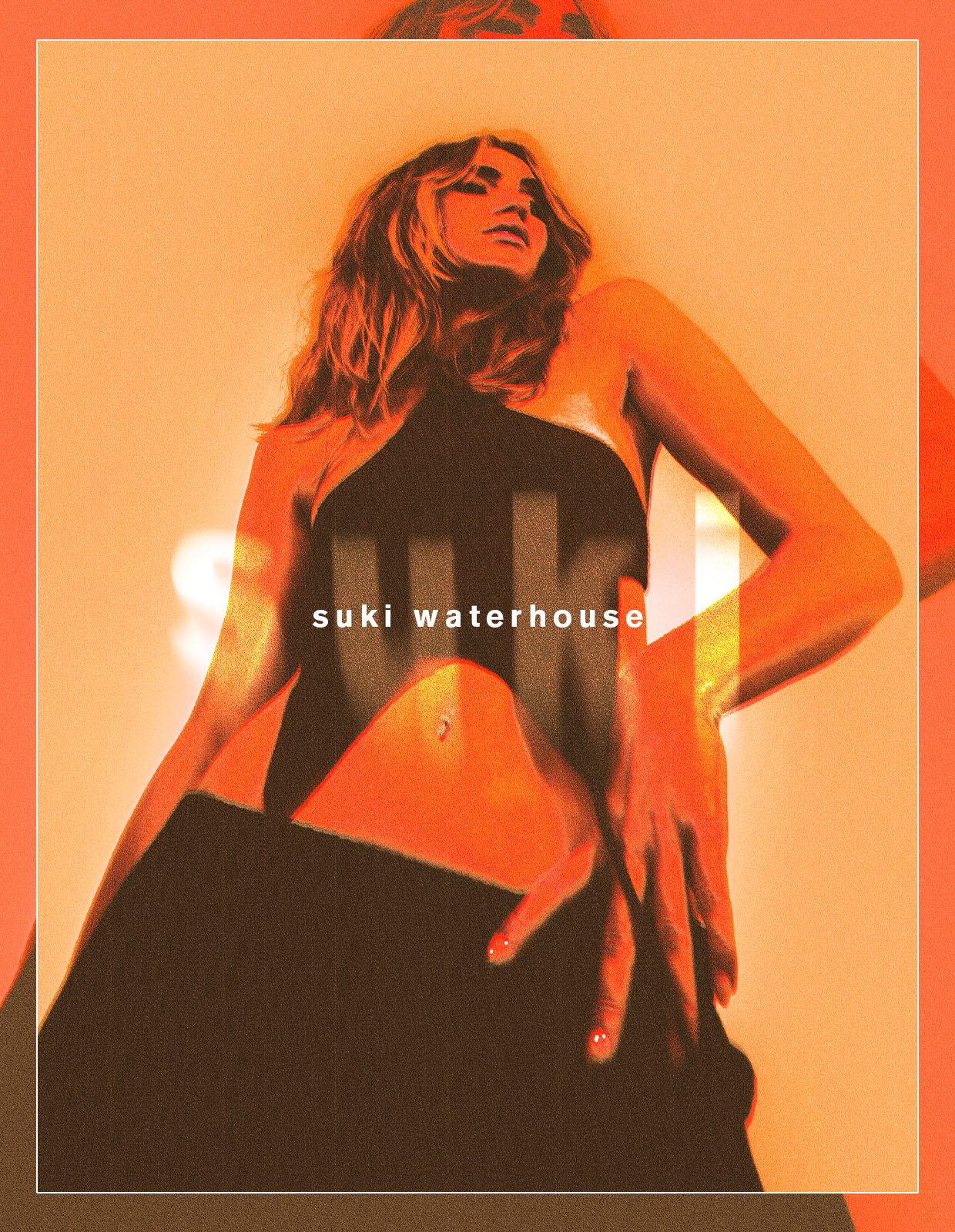
What emotions does the album explore? What kind of narrative are you aiming to tell with it?
I wanted it to sound like the soundtrack to a film about star-crossed lovers and ill-fated endings. This album was really for the heartbroken and it’s about the battle that you have inside of yourself that you have to fight to earn your own personal victory. And it’s also about finding the bliss inside of yourself when you do finally look back and realize the meaning or the lesson in what it is you’ve gone through.
What does this moment feel like for you?
It feels like I’m being allowed to have a deeper and more honest conversation with myself. And something that I’m able to share that I never really thought was possible. There’s this incredible thing that happens when you share these honest moments. Things shift from darkness to lightness, and I’ve found that [sharing something so personal] has the ability to transform something inside of yourself. It’s very weird. I mean, I’m still super nervous and I don’t know what the future holds for it, but I just hope that I can keep making and releasing music.
How much of a hand do you have in the creative production that goes along with making the music, i.e. everything outside of the actual songwriting?
Well, I absolutely love fashion and that side of it is really fun for me. As for the music videos, all the ones that I’ve done have been really DIY, actually. I’ve had one of my friends do them, I had my sister do one of them. But for “Melrose Meltdown” we added an especially dramatic quality. We were kind of thinking about The Real Housewives and the movie To Die For and I wanted to emulate this trapped housewife in a very glamorous setting who escapes, and I end up in the back of a pickup truck. I borrowed my boyfriend’s truck, for instance, which is how they all come together. The videos are still quite scrappy, in a way. They’re thoughtful, but I still get nervous to put too much into them.
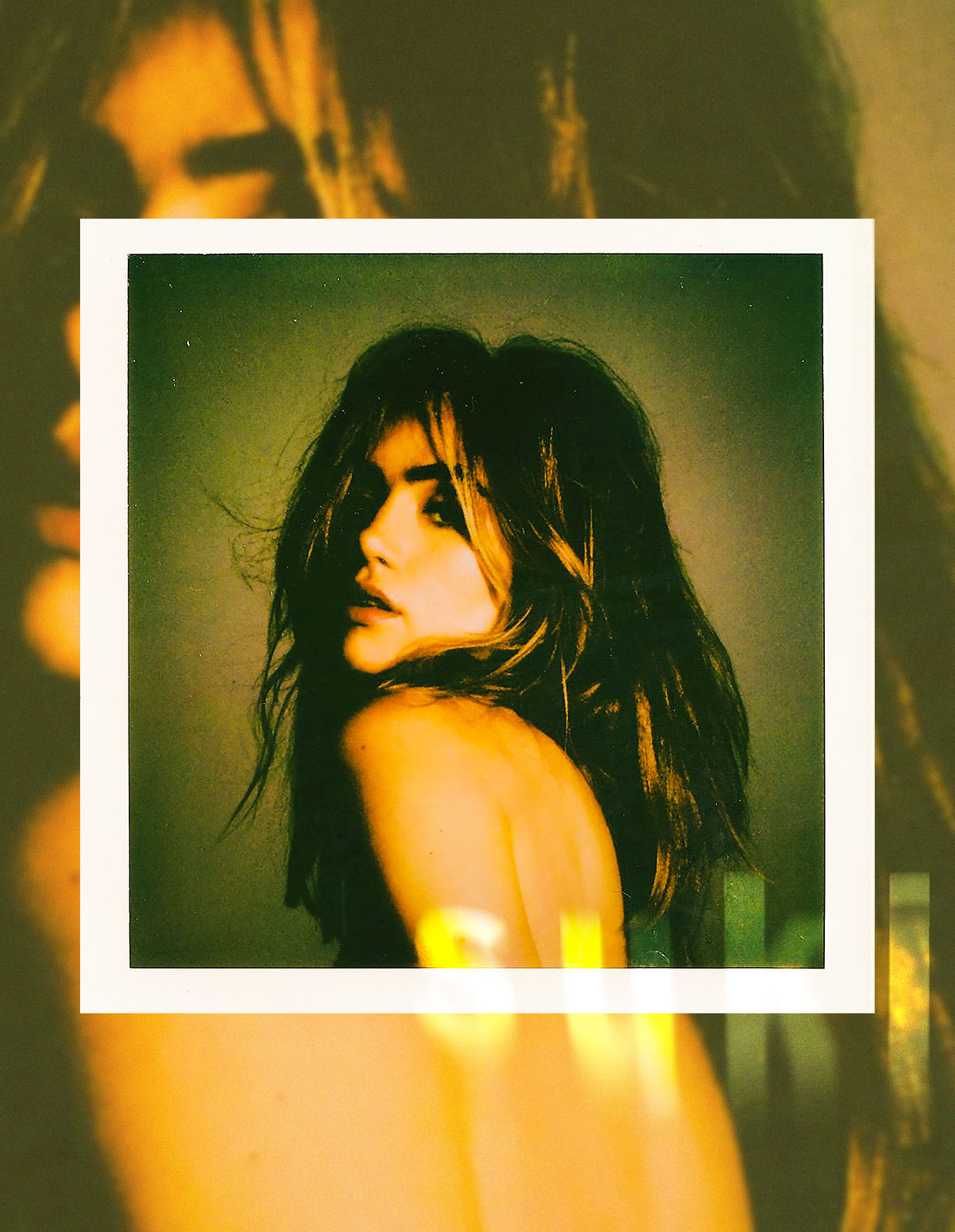
Do you think your work in Hollywood with projects like your role in the forthcoming series Daisy Jones and the Six influences your music?
Part of me has always felt separate from that kind of world, even when I’m in it. But there’s definitely an element that I’ve always kept just as an observer of my own desires and the voids that I found myself trying to fill and also the catastrophic self-sabotage that I found myself in certain moments
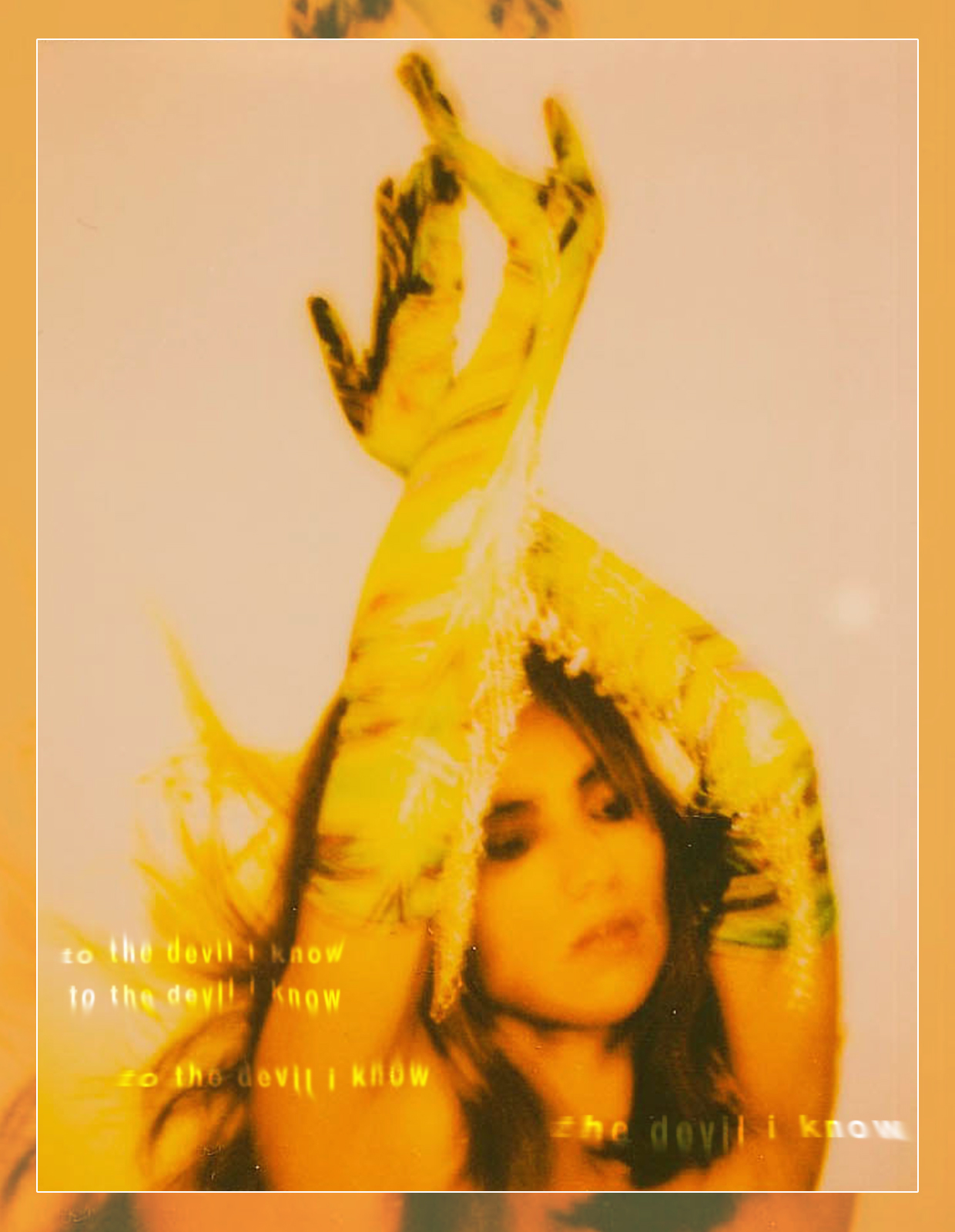
How do you view your career and where you’re going? Are aiming to do both, or is there a certain end goal in mind in terms of acting versus music?
You know, I find it really difficult to answer that question. I do find such joy in acting. There’s so much creativity in how you’re able to explore characters and with acting, you get to explore your awareness and your emotions and your senses so much. It’s such a gift to be able to do that. On the other hand, my music feels very separate from acting, but there’s definitely a synergy between them.
